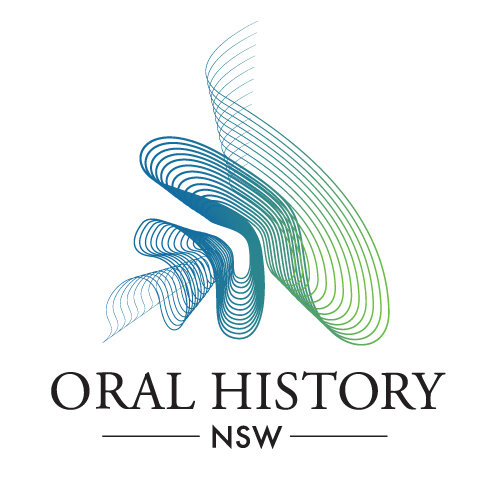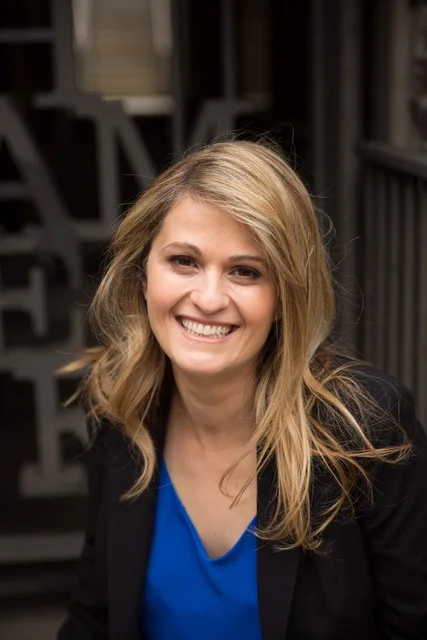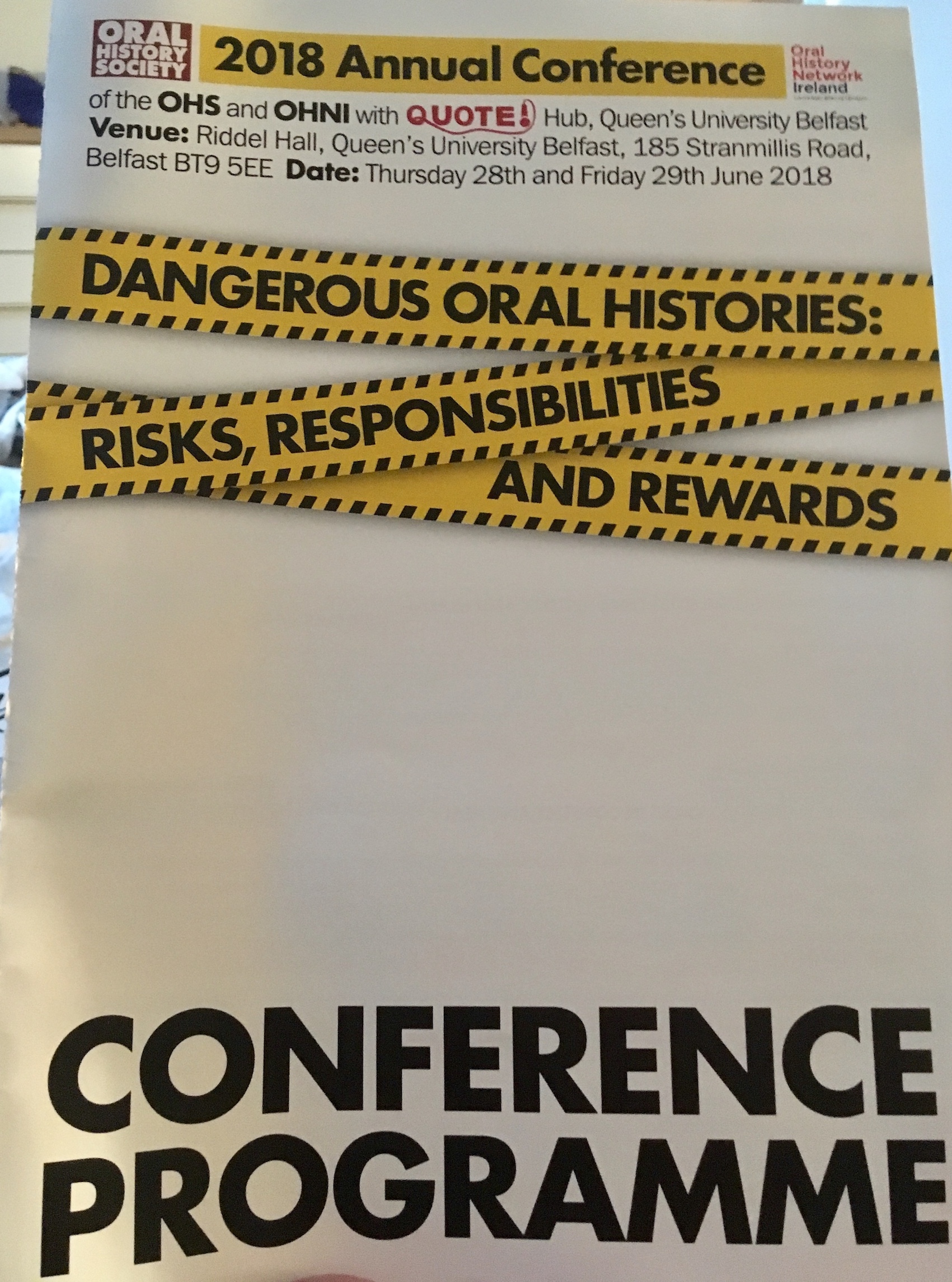Carol McKirdy receiving the NSW Excellence in Community History Award from Scott McKinnon, Oral History NSW. History House , Macquarie St, Sydney 8/9/2018
We asked Carol McKirdy - last year’s recipient of the Oral History NSW Excellence in Community History Award, to tell us about her winning entry The Egyptian Life Stories of the Sutherland Shire Oral History Project.
Thank you Carol!
_________________________________________
Oral History NSW has an annual award for community-based oral history projects - the Oral History NSW Excellence in Community History Award. The $500 award is designed to acknowledge the work of individuals or community groups who are recording the histories of their communities. I am the very proud recipient of the 2018 award as oral historian of The Egyptian Life Stories of the Sutherland Shire Oral History Project.
This project was funded with a Cultural grant from the NSW Government Office of Environment and Heritage, administered by the Royal Australian Historical Society. My winning entry in the competition was chosen by a committee of three oral historians from Oral History NSW based on the project’s contribution to understandings of community history and the quality, originality and/or significance of project outputs.
The Egyptian Life Stories of the Sutherland Shire Oral History Project was conducted in 2017 to 2018 to record the history of migration of Coptic Egyptians into the Sutherland Shire area of Sydney. This cooperative project was conducted within the Local Egyptian Coptic community under the guidance of the Very Rev Fr Tadros El-Bakhoumi and facilitated by Jenny Grey, the manager of Multicultural Services, Gymea Community Aid and Information Services located in Gymea.
Ten oral histories were collected. The project created digital oral history interviews with accompanying field notes and technical and narrator data. As well, a photo story/video based on the histories was made that summarises the project’s key understandings. The photo story/video uses narrator audio excerpts with images and Pharaonic music supplied by the Egyptian Coptic community. It summarises the project making the full oral histories easily accessible to a wider audience. entire project is stored at Sutherland Shire Library and the library also transcribes all the interviews.
As project oral historian I worked within the Egyptian community to empower them, build capacity and ensure ownership, authenticity and community engagement with the project. We worked together to decide the essential focus, historical questions that needed to be answered and project parameters. Copyright remains with the interviewee. We also interviewed people who needed an interpreter. A community launch was celebrated at the end of the project.
A very significant aspect of the project was safety for interviewees because of the current political situation in Egypt. The Egyptian Coptic community settling in the Sutherland Shire are Christians and most left Egypt because of varying degrees of persecution because they were part of the Christian minority in Egypt. There was genuine angst and fear for participants because of potential repercussions for family and friends still living in Egypt.
In the timeframe of the project extreme violence happening in Egypt directly affected some Sutherland Shire interviewees. Safety for interviewees shaped the project. Anonymity was essential for 50% of interviewees. The project was designed to offer safety and secrecy to interviewees and capture their histories.
Sutherland Shire Libraries archives all documentation gathered in the project, transcribes the full oral histories and accessions the project for interested researchers and the general public - listeners (full oral histories), viewers (photo story/video of the project and readers (transcriptions and field notes).
Carol McKirdy
History Herstory Retell Record Retain





